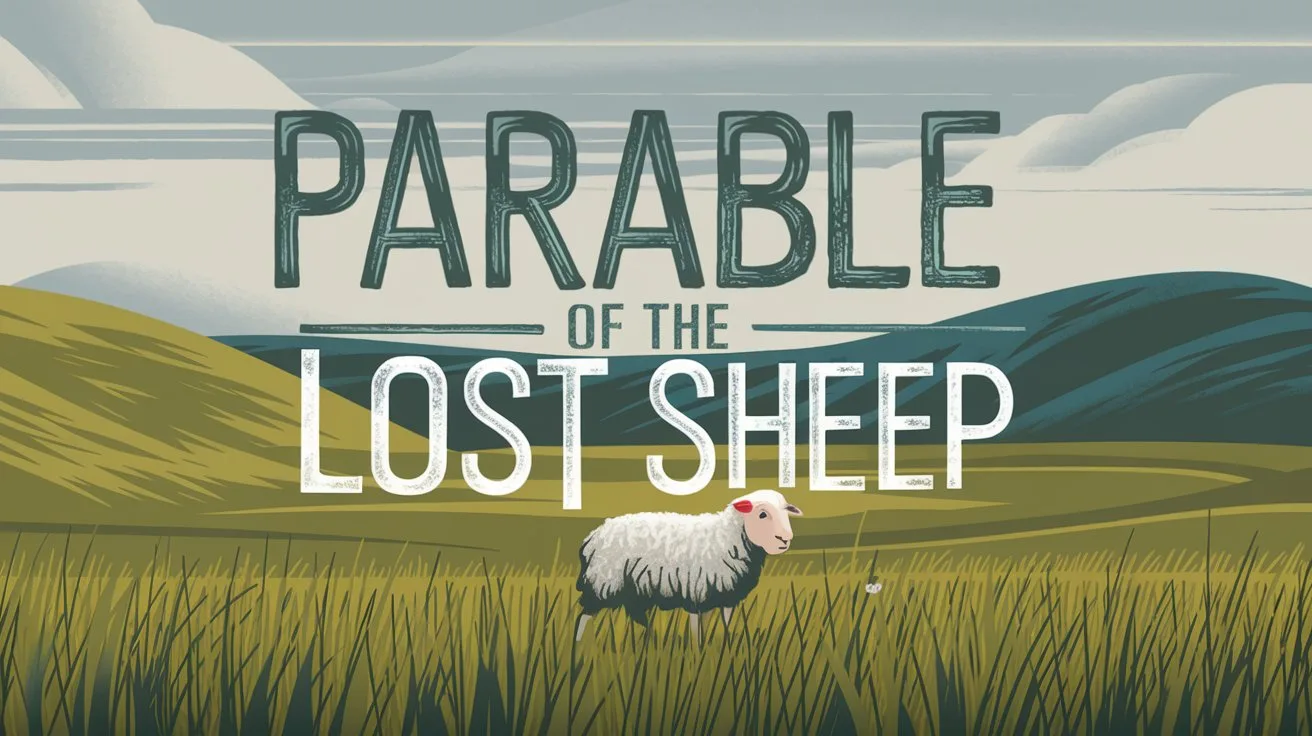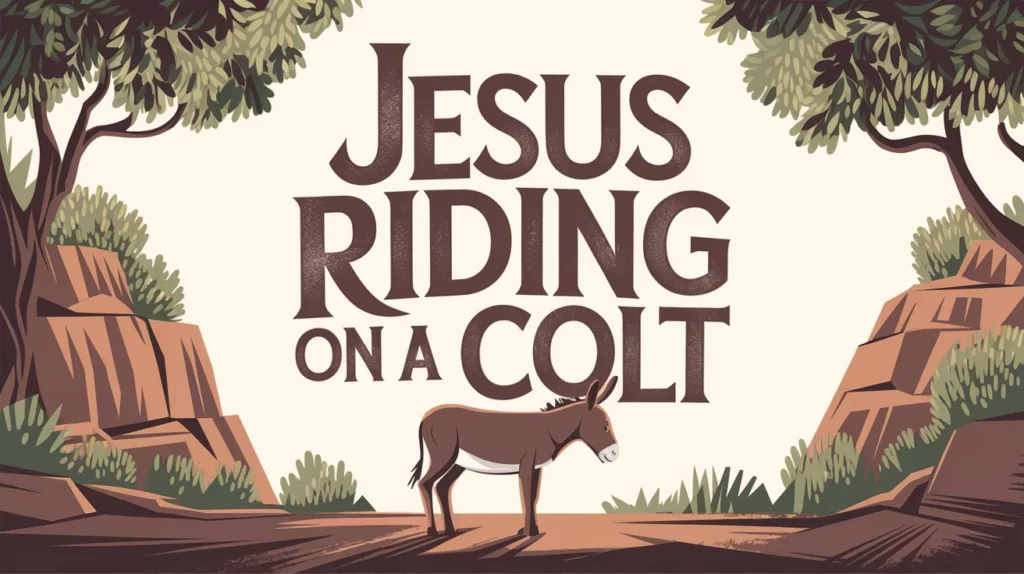Jesus often spoke in parables, using simple yet profound stories to reveal deep spiritual truths. One of the most well-known parables is the Parable of the Lost Sheep, found in Luke 15:3–7 and Matthew 18:12–14. This parable is a beautiful picture of God’s love, His desire to seek and save the lost, and His personal care for every believer. However, some have misunderstood it to suggest that God is reckless or that He abandons the ninety-nine in pursuit of the one. This is not the case. The parable is not about recklessness, but about the intentional care of the Shepherd, who values each of His sheep.
The Parable in Context
Jesus tells this parable in response to the Pharisees and scribes who criticized Him for spending time with sinners. Luke 15:1–2 says:
“Then all the tax collectors and the sinners drew near to Him to hear Him. And the Pharisees and scribes complained, saying, ‘This Man receives sinners and eats with them.'”
Jesus then gives the following illustration in Luke 15:4–7:
“What man of you, having a hundred sheep, if he loses one of them, does not leave the ninety-nine in the wilderness, and go after the one which is lost until he finds it? And when he has found it, he lays it on his shoulders, rejoicing. And when he comes home, he calls together his friends and neighbors, saying to them, ‘Rejoice with me, for I have found my sheep which was lost!’ I say to you that likewise there will be more joy in heaven over one sinner who repents than over ninety-nine just persons who need no repentance.”
In Matthew 18:12–14, the parable is given in a different setting, where Jesus is teaching His disciples about humility and how they must not despise even the “little ones” in the kingdom of God:
“What do you think? If a man has a hundred sheep, and one of them goes astray, does he not leave the ninety-nine and go to the mountains to seek the one that is straying? And if he should find it, assuredly, I say to you, he rejoices more over that sheep than over the ninety-nine that did not go astray. Even so it is not the will of your Father who is in heaven that one of these little ones should perish.”
The Shepherd’s Love for Every Sheep
The heart of this parable is the Shepherd’s deep love and personal concern for each of His sheep. The Shepherd does not abandon the ninety-nine; He does not act carelessly. Instead, He ensures their safety and goes after the lost one because every sheep matters to Him.
The Ninety-Nine Are Not Neglected
Some misunderstand this parable, assuming that the ninety-nine are left in danger while the Shepherd recklessly runs after the one. However, the imagery here suggests that the ninety-nine are in a safe place. Shepherds in biblical times would not leave their flock unguarded. Either they were left in a secure pasture or under the care of another shepherd. This aligns with John 10:11–14, where Jesus says:
“I am the good shepherd. The good shepherd gives His life for the sheep. But a hireling, he who is not the shepherd, one who does not own the sheep, sees the wolf coming and leaves the sheep and flees; and the wolf catches the sheep and scatters them. The hireling flees because he is a hireling and does not care about the sheep. I am the good shepherd; and I know My sheep, and am known by My own.”
The Good Shepherd is never reckless. He protects His flock and seeks the lost without neglecting the others.
God’s Pursuit of the Lost Is Personal and Relentless
The Shepherd goes after the one until He finds it (Luke 15:4). This is a picture of Christ’s mission on earth: to seek and save the lost (Luke 19:10). The lost sheep does not find its own way back; it is the Shepherd who searches, finds, and carries it home. This reminds us of Isaiah 53:6:
“All we like sheep have gone astray; We have turned, every one, to his own way; And the Lord has laid on Him the iniquity of us all.”
Just as the Shepherd in the parable carries the lost sheep back, so Jesus bore our sins on the cross, bringing us back to the Father.
The Joy of Salvation
When the lost sheep is found, the Shepherd rejoices, and heaven rejoices as well. Luke 15:7 tells us:
“I say to you that likewise there will be more joy in heaven over one sinner who repents than over ninety-nine just persons who need no repentance.”
This joy is not because the ninety-nine are insignificant, but because the lost one has been restored. It is the joy of redemption. Similarly, in Zephaniah 3:17, we read:
“The Lord your God in your midst, The Mighty One, will save; He will rejoice over you with gladness, He will quiet you with His love, He will rejoice over you with singing.”
Every single soul matters to God, and He takes great joy in saving the lost.
My Final Thoughts
This parable is a beautiful reflection of Christ’s love and His mission to save the lost. It does not depict a reckless or careless God but rather a loving and intentional Shepherd who values every single soul. The ninety-nine are safe, and He pursues the one because His love is both corporate and personal.
For those who have wandered, this is an invitation to return to the Shepherd who seeks and saves. For those who are already in the fold, it is a reminder of God’s joy over salvation and our call to reflect that same love in reaching the lost.
Jesus, the Good Shepherd, does not act recklessly, but He does act relentlessly—never ceasing in His pursuit of those who belong to Him.





 Get the book that teaches you how to evangelize and disarm doctrines from every single major cult group today.
Get the book that teaches you how to evangelize and disarm doctrines from every single major cult group today.